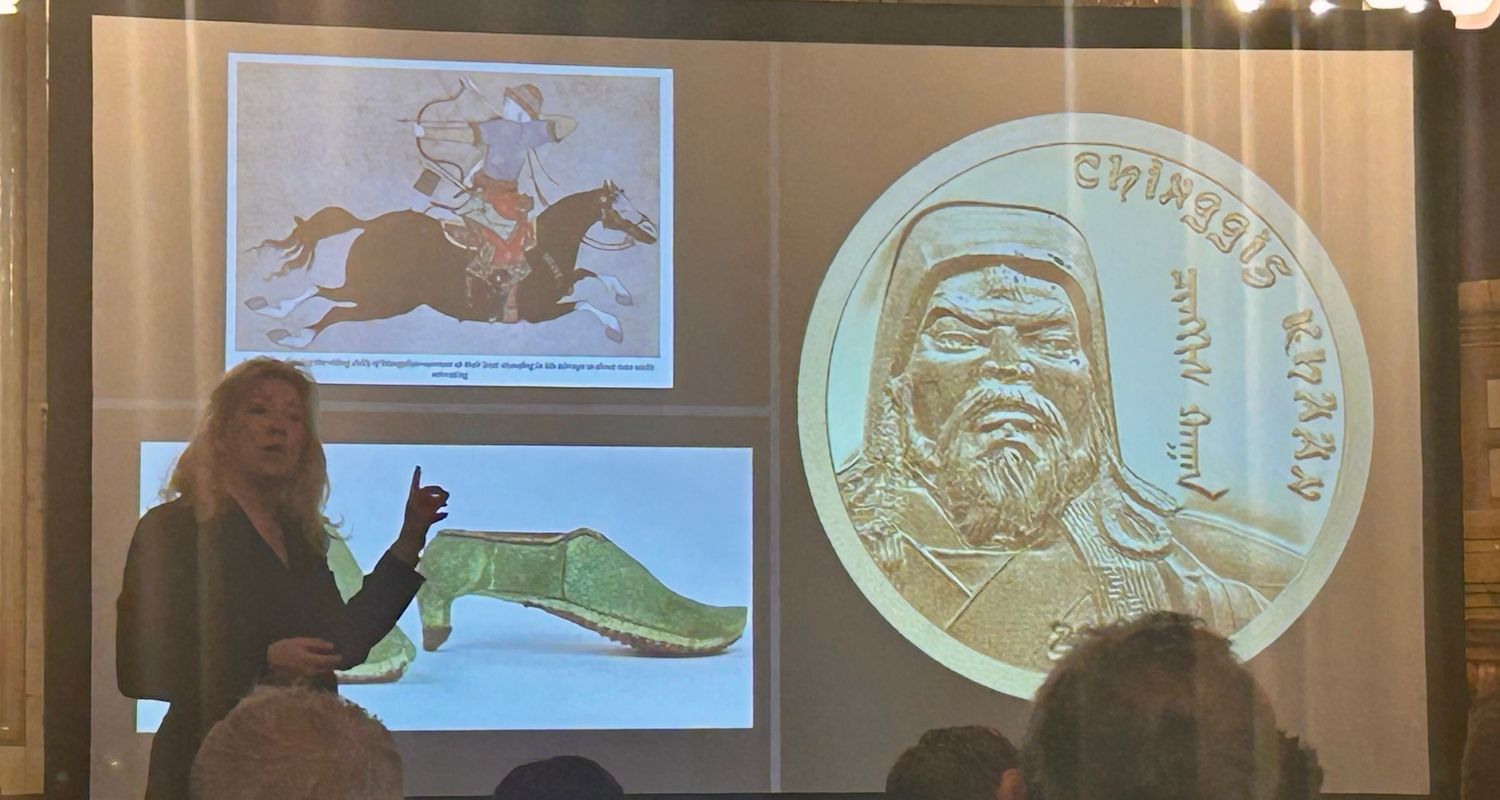
Season 7, Post 41: Healthier than we’ve ever been
Good news is often hard to come by. Consider then that humanity is entering a new era in global health. A recent study published in The Lancet shows that, for the first time in our species’ history, infectious disease is not the main threat. Even the once-in-a-century event of the COVID-19 pandemic was not enough to derail the trend. Between 2010 and 2023, humanity’s overall burden of disease has dropped by 12.6%.
This achievement is due to sustained efforts by a range of institutions that have enabled basic health infrastructure to become near universal. Mass vaccinations, improved maternal/neonatal care and increased hygiene standards have resulted in a new era of more robust human health. Infectious illnesses such as tuberculosis, diarrhoea, HIV, malaria and pneumonia have declined by at least 35% in the period analysed.
So, with infectious disease not the main killer, what do we need to worry about? Non-communicable diseases are now the biggest challenge. Diabetes, heart disease, cancer and obesity are the major causes of concern. As the world has become richer, issues related to diet and physical (in)activity are becoming more prevalent. Half of the world's population may be suffering from a chronic health condition while an even greater proportion of Americans are classified as either overweight or obese (see here and here).
Many healthcare systems, especially in lower income countries, are not designed for these changing dynamics, having historically focused on contagion rather than chronic care. However, things are changing – for the better. Healthcare’s paradigm shifting from reaction to pre-emption (as we have discussed in our own work) and GLP-1 drugmakers are dropping prices. Both dynamics should enable patients to become healthier.
Novo Nordisk, producer of popular weight-loss drugs such as Ozempic and Wegovy, recently halved the US list-price of its products. These drugs (and those of its competitors) have been credited with not only aiding weight management, but also improving cardiovascular health, kidney disease and substance disorders. Taking drugs such as these may even help users reduce their weekly grocery spend. That’s surely good news for many.
29 October 2025
The above does not constitute investment advice and is the sole opinion of the author at the time of publication. Heptagon Capital is an investor in Novo Nordisk The author of this piece has no personal direct investment in the business. Past performance is no guide to future performance and the value of investments and income from them can fall as well as rise.
Click to here view all Blog posts.
Alex Gunz, Fund Manager
Disclaimers
The document is provided for information purposes only and does not constitute investment advice or any recommendation to buy, or sell or otherwise transact in any investments. The document is not intended to be construed as investment research. The contents of this document are based upon sources of information which Heptagon Capital LLP believes to be reliable. However, except to the extent required by applicable law or regulations, no guarantee, warranty or representation (express or implied) is given as to the accuracy or completeness of this document or its contents and, Heptagon Capital LLP, its affiliate companies and its members, officers, employees, agents and advisors do not accept any liability or responsibility in respect of the information or any views expressed herein. Opinions expressed whether in general or in both on the performance of individual investments and in a wider economic context represent the views of the contributor at the time of preparation. Where this document provides forward-looking statements which are based on relevant reports, current opinions, expectations and projections, actual results could differ materially from those anticipated in such statements. All opinions and estimates included in the document are subject to change without notice and Heptagon Capital LLP is under no obligation to update or revise information contained in the document. Furthermore, Heptagon Capital LLP disclaims any liability for any loss, damage, costs or expenses (including direct, indirect, special and consequential) howsoever arising which any person may suffer or incur as a result of viewing or utilising any information included in this document.
The document is protected by copyright. The use of any trademarks and logos displayed in the document without Heptagon Capital LLP’s prior written consent is strictly prohibited. Information in the document must not be published or redistributed without Heptagon Capital LLP’s prior written consent.
Heptagon Capital LLP, 63 Brook
Street, Mayfair, London W1K 4HS
tel +44 20 7070
1800
email london@heptagon-capital.com
Partnership No: OC307355 Registered in England and Wales Authorised & Regulated by the Financial Conduct Authority
Heptagon Capital Limited is licenced to conduct investment services by the Malta Financial Services Authority.

Receive the updates
Sign up to our monthly email newsletter for the latest fund updates, webcasts and insights.


